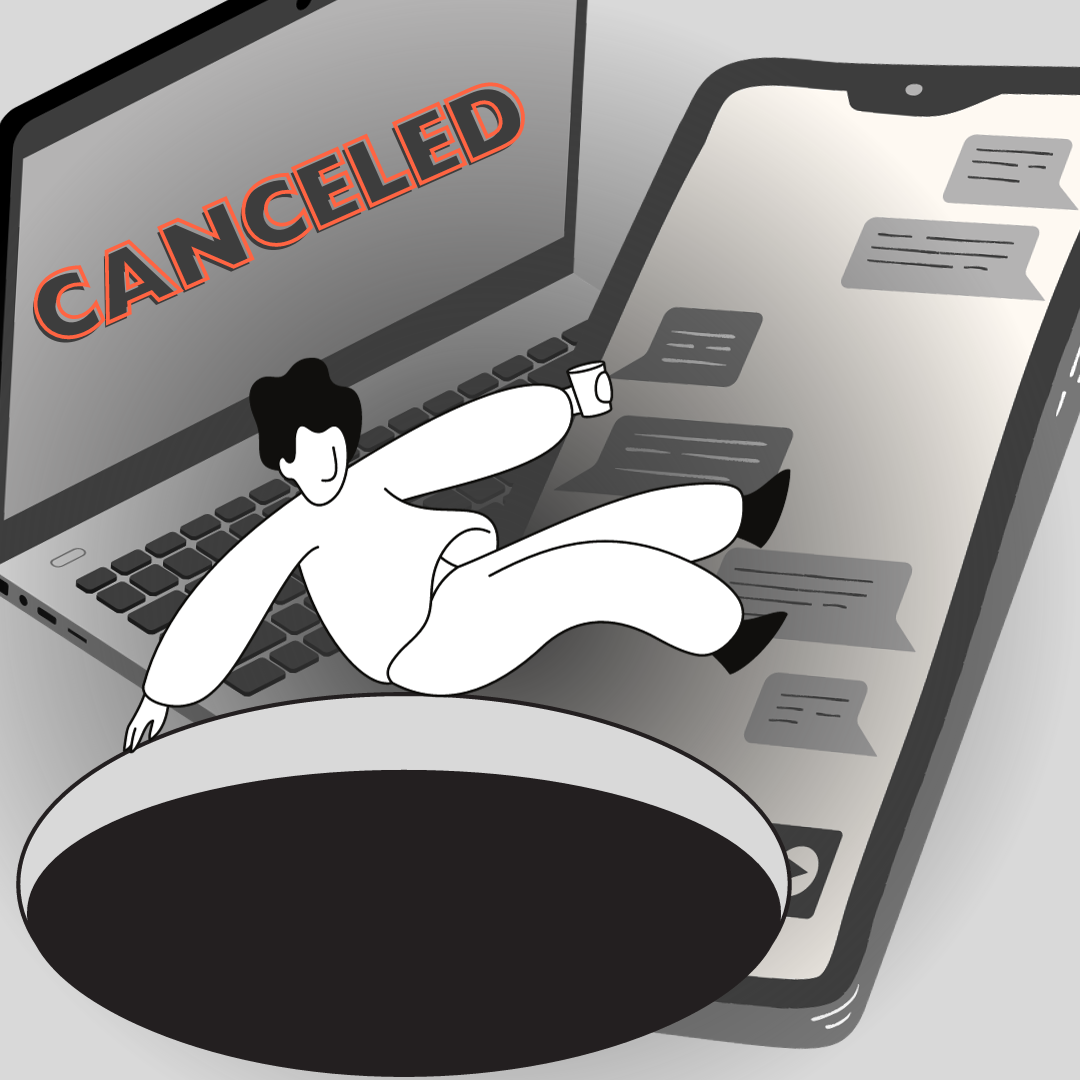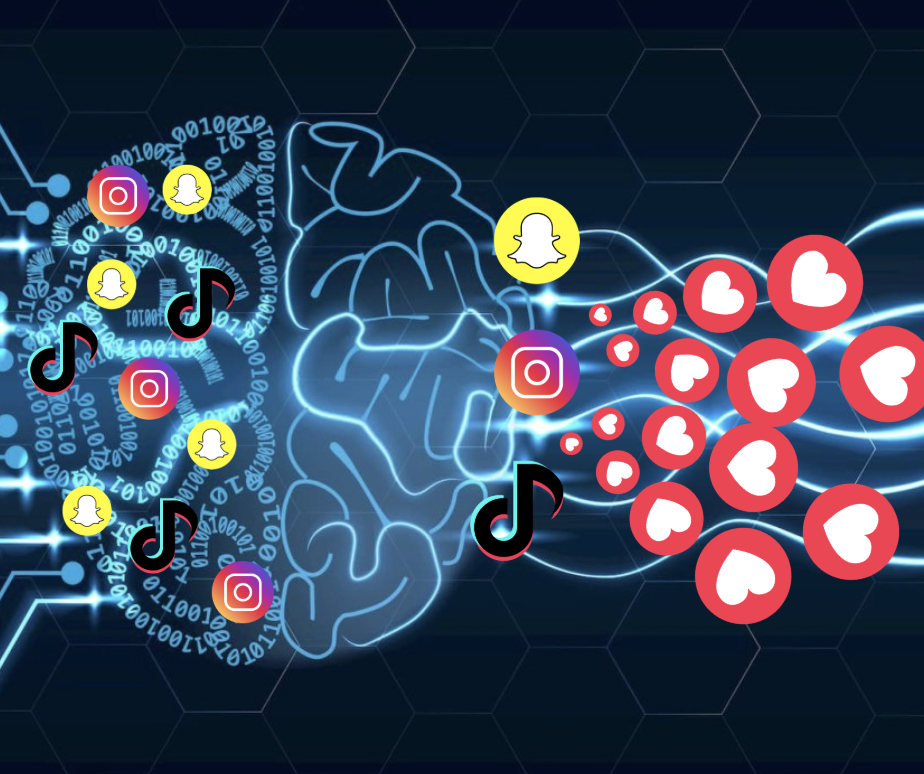Shame is an emotion, but it can also be a form of punishment which involves dishonoring or disgracing a person publicly. In our very own school you see shaming being put to use every day. When a student does something a teacher disapproves of, often one of the first resorts is to call them out in front of a full classroom of students. This can make students feel ashamed when used repeatedly. The use of public shaming in schools can be a helpful tool for educators, but it can take a toll on students over time. In my time and experience in schools, public shaming stops students from answering questions, participating and, as a whole, wanting to be at school at all. Shauna Reeves, a counselor at GHS, sees the issue of shaming in students’ personal lives as damaging to their mental health in a way that can lead to other harmful behaviors. Not only does this type of shaming happen publicly, but also over social media platforms like Instagram, Snapchat, TikTok and more.
There are two sides to this argument. Public shaming can be positive for society in a sense that it helps us call out bad people, often stops them from doing bad things and changes societal norms. On the other hand, it can be really bad for mental health and anxiety, especially in teens.
Becca Rothfeld, a doctoral candidate in philosophy at Harvard, references a shaming incident with Justine Sacco in her story “The Shaming-Industrial Complex” which she wrote for the New Yorker magazine last year. Sacco went from being a chief communications officer to publicly shamed and her reputation in the dumps and fired.
The following is directly quoted from Rothfeld’s article about Sacco sending off a Tweet before a long flight:
“Going to Africa,’”she dashed off before boarding. “Hope I don’t get aids. Just kidding. I’m white!” By the time she landed, eleven hours later, her ill-advised missive had gone disastrously viral. She stumbled off the plane to discover that a multitude of online detractors had weighed in on her character. Now she was a globally known racist.
This is just one example of the exact wrong thing to say. In society it is publicized that we can say what we want to say and do what we want to do. But can we really? Saying the wrong thing could cost you a great deal. For Sacco, it was her job, her reputation, personal information turned public and plenty more.
Doxing, a word first introduced in the 1990s, is personal information twisted into information that can be accessed through a quick Google search. In certain cases, these private details can be a person’s address, records, videos and even a phone number. Counselor Melissa Ryan said that doxing can lead to depression and anxiety in individuals and does not bring any healing or restorative actions to them.
Being shamed and doxed, whether it is online or publicly, can take its toll on a person. Seeing this happen over social media platforms and publicized really makes me think about what I say. Nowadays, you have to watch what you post on the internet and say out loud because the repercussions could be momentous. The really dark, bad side of the internet and using online access to shame is the effects it has on a person. Mandy Blankenship, a mental health practitioner here in Gretna says that shaming is a form of social punishment used to hold individuals accountable for their wrongdoings.
Victims of shaming can undergo anxiety, fear, depression, isolation, paranoia and even symptoms of PTSD.
For any person, the possibility of saying the wrong thing can lead to shaming with terrible consequences. Shaming has progressively turned our society into a cancel culture, which is the public expression of disapproval to an individual.
“Cancel culture is where people face public criticism, social media backlash or even professional consequences due to their actions or statements,” Blankenship said. “We see it all the time with celebrities or politicians. Someone posts or says something without thinking through the entire message, causing the backlash.”
This issue has been getting worse for people and causing various mental health issues to spike. There is a much better way to show our disapproval for a person’s actions and words, and there are better routes we can take to stop similar situations from recurring in the future. Putting a stop to the cancel culture and public shaming could lead to a decrease in mental health disorders and more safe public settings for everyone.









